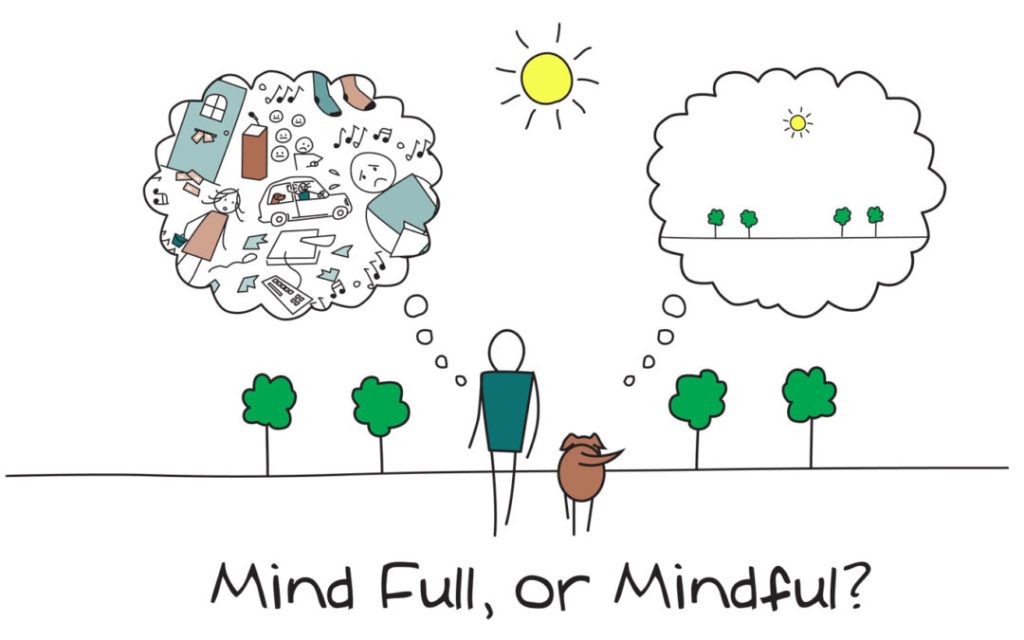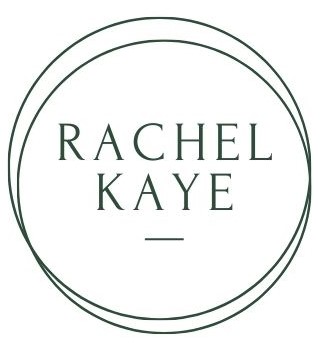It’s generally pretty well known that having a child can bring up buried mental health and attachment issues, but far less has been said about how getting a pet can do the same. Obviously, having a pet is different to having a child, but there are some crossovers in the way children and pets can trigger our attachment system. Because these crossovers are often not talked about, it can mean you feel isolated if this is something you experience. This blog will outline some of the ways getting a pet can affect your mental health, focusing particularly on attachment styles. The second part of the blog will go into strategies to manage some of the difficulties which may come up.
Although much will still be relevant to other scenarios, for the purposes of this post I’m focusing on people who get a mammal when it’s a baby, as this is a situation which is often more likely to trigger attachment responses. Different issues will come up when adopting an older animal, so maybe that’s a topic for another post!
Why getting a pet can trigger attachment patterns
If you notice your attachment patterns are triggered and you’ve been finding getting a pet stressful, this might be surprising, it’s just a pet after all! But if you step back and consider the situation this can make more sense: you have a small mammal which is entirely dependent on you. It can’t communicate in language so it’s up to you to figure out what it needs and keep it safe in a world which is full of dangers. For people who don’t have experience of having children, this might be the first time they’ve been in this position, and it can bring up a lot.
There may be a gulf between what you imagined getting a pet would be like and the reality. Looking after a baby animal can be challenging and may need more time and energy than you expected. You will also have to deal with vet trips and need to advocate on their behalf, which can be challenging, particularly if you have issues with authority or health anxiety.
You may also find yourself reacting disproportionately or in a way you don’t like when your pet does something ‘wrong’. It might feel personal or bring up feelings of anger in a way that surprises you and which you don’t like.
How your attachment style can show up when you get a pet
How you respond to getting a pet can vary with your attachment style. How you feel about your pet can be influenced by how you were treated when you were small and powerless (like your pet is now). This might have been a long time ago, so it might be a ‘pre-verbal memory’, meaning that you might not have a narrative memory or a story, but still experience a strong, almost overwhelming feeling in certain situations, for example when leaving your pet for the first time or if they are unwell.
Getting a pet when you have avoidant attachment
If your attachment style is avoidant (you pride yourself on being independent and find emotional closeness, trust and intimacy challenging) then you may find yourself wanting to get away or feeling smothered by your pet. You may find yourself wondering if this whole thing has been a big mistake and if it would be better for everyone if you took them back to the shelter (or wherever you got them from). Alternatively, you might find yourself bonding with your pet in a way you can’t with other humans.
Getting a pet with preoccupied/anxious attachment
If your attachment style is predominately anxious, then you may find yourself not wanting to let your pet out of your sight. You might find yourself experiencing anxiety and thoughts such as:
‘Am I doing it right?’
‘Are they ok?’
‘What if something happens to them?’
‘Do they love me?’
If your pet shows your partner lots of attention and ignores you this could also trigger intense feelings which might feel disproportionate.
Getting a pet with Disorganised attachment
If you have disorganised attachment, you might notice yourself alternating between both styles and thought patterns (sometimes even within minutes and seconds of each other!) The quick change from one extreme to another can be confusing and unpleasant.
How to manage the impact of getting a pet on your mental health
Remember that things usually get easier with time (but in the meantime, get support)
Looking after a kitten or a puppy is a different prospect to caring for an adult animal and although triggers may still come up, they usually don’t arise with the same intensity or frequency. Generally, animals become more robust as they grow beyond the infant stage. You’ll also get used to each other and living with your pet will become your new normal. Sometimes, you’ll even enjoy it! In the meantime, do you need to seek help or get advice from a more experienced pet owner? Friends who have pets may well remember feeling similarly. Jackson Galaxy has lots of free content available on owning a cat and The Dogs Trust have some advice for new dog owners.
Regulate your own nervous system
Because we generally underestimate the impact of getting a pet on our mental health, we underestimate the need to look after ourselves. What does your nervous system need to come back to regulation? When going through a disruptive experience it can be useful to check if the base of our pyramid of needs is solid – are we getting enough sleep, eating nourishing food, moving regularly in a way we enjoy, and leaning on our social support? Can you take a break whilst someone else you trust does the pet care for a while so you can focus on something different? People are usually very excited to look after a pet for a while, particularly if it’s a puppy or kitten!
Getting a pet and your mental health – don’t forget the benefits
This post has focused on some of the challenges of getting a pet, but having a pet also offers many benefits to our mental health. Animals (particularly young ones) are very playful and this can help us rediscover a sense of play in our lives which is vital for our mental health. It is rewarding to share our lives with an animal, to watch them learn and grown into themselves.

As this image illustrates very well, animals are mindful by nature and so being around them can be grounding and help us return to the present moment. (Image credit: Mindful or Mind full: Henck van Bilsen)
The importance of relationships for healing attachment trauma and relational trauma is well established but for people with strong relational trauma, it can be really challenging to develop relationships with other humans. Some people who have been hurt intensely by other people find that they can trust animals in ways they can’t trust others. You can coregulate (settle emotions and re-establish a sense of safety) with animals much in the same way as with people (in fact, as mentioned above, for some this might be more effective).
Use what comes up when getting a pet to help you heal
We don’t heal by trauma by avoiding triggers and we don’t heal attachment problems by avoiding relationships. What’s triggered when getting a pet can be useful to show you what is still unhealed in you. The more you know about your attachment style the better as it enables you to recognise your patterns, spot when they are becoming unhelpful and decide when to do something different. It can be really hard when these things come up, but with the right support, having our pain points revealed offers us the possibility of working through difficult experiences and feelings which were previously buried. This is something which can be challenging to do this alone and therapy can help. If you’d like to book in a free 20-minute consultation to see if working with me would be a good fit for you, drop me an e-mail.






Recent Comments